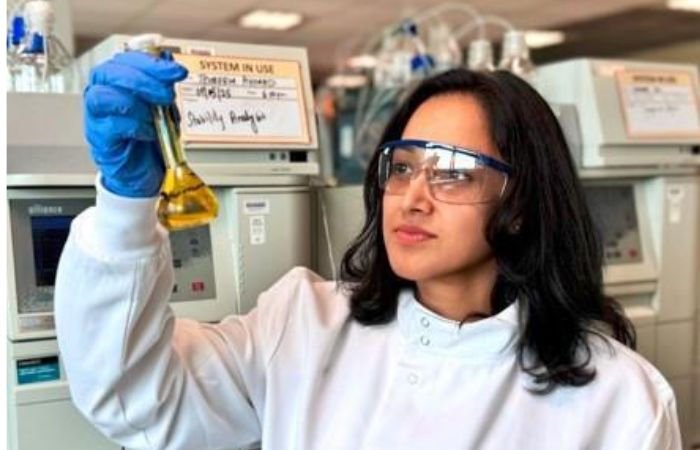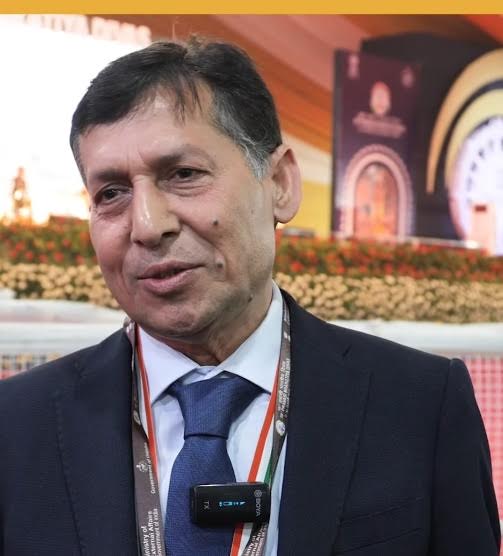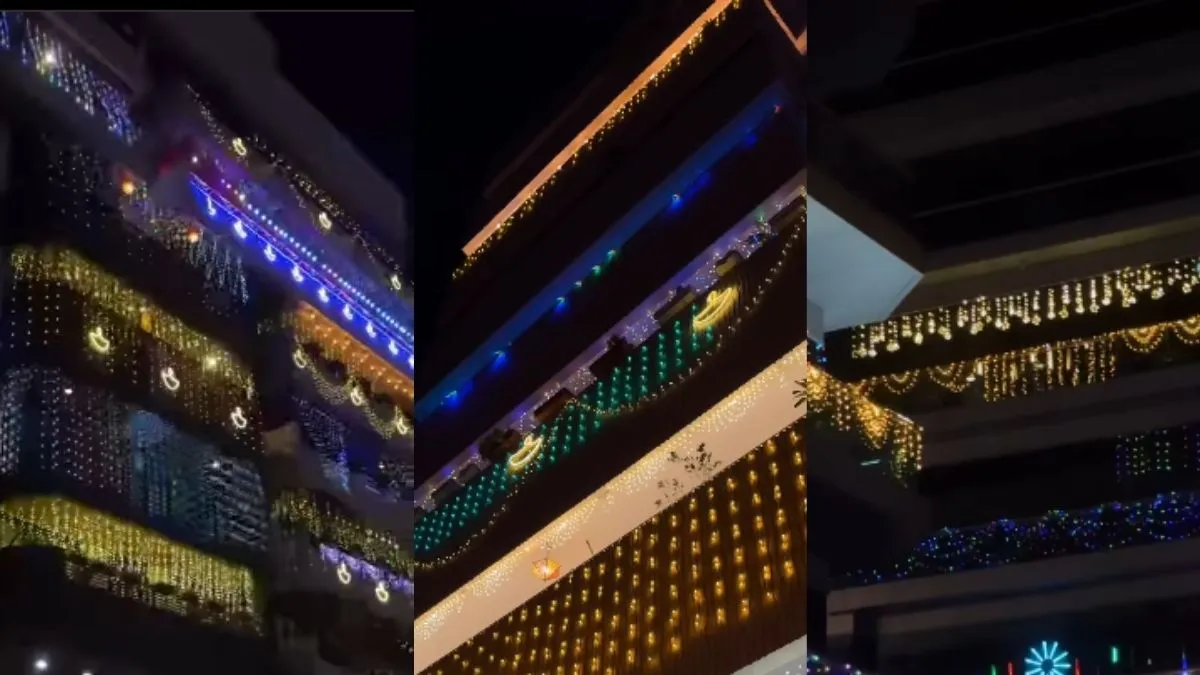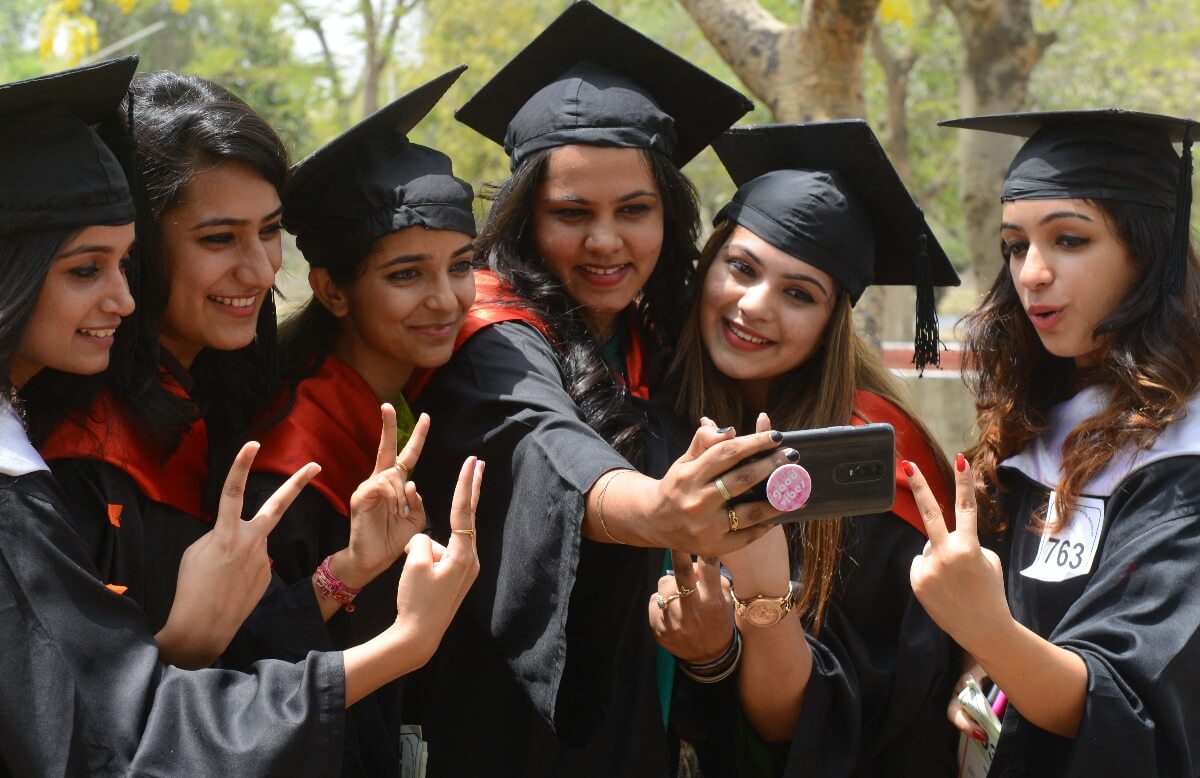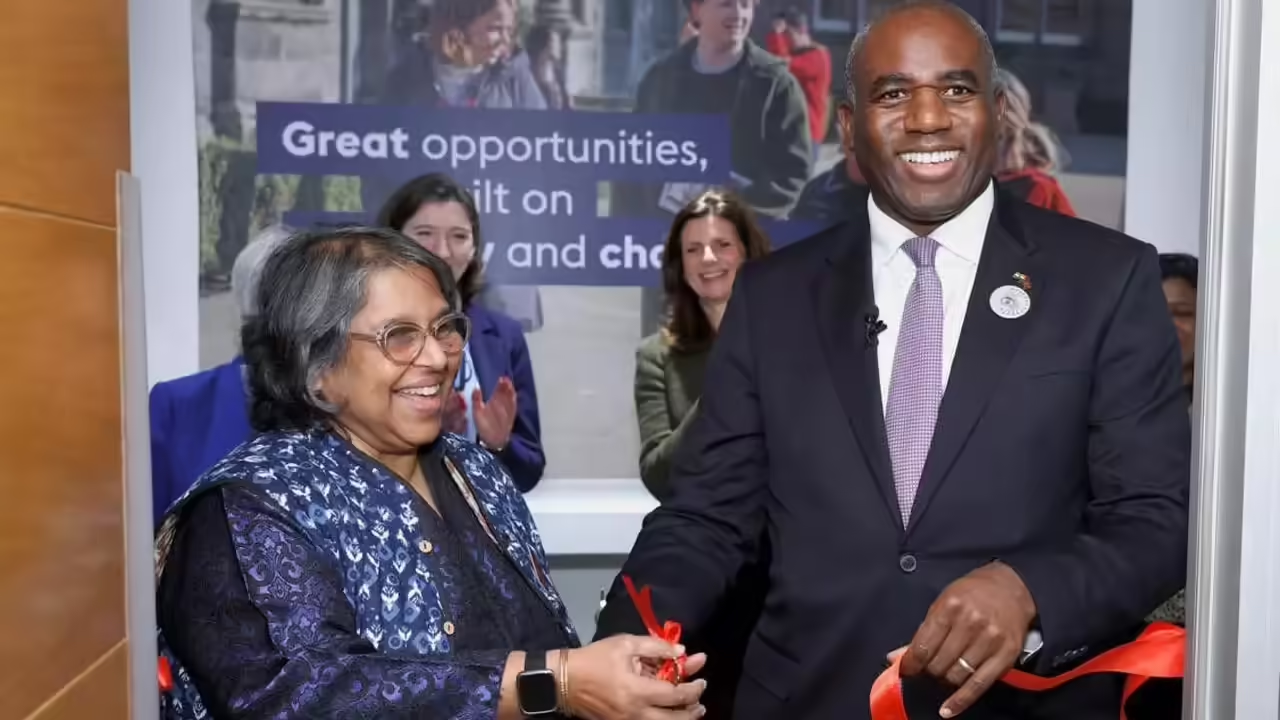Kerala-born scientist Dr Arathyram Sasikala bags £2.2 million UKRI grant to develop next-generation self-powered bone implants
Dr Arathyram Ramachandra Kurup Sasikala, an assistant professor at the University of Bradford, United Kingdom, has secured a prestigious UK Research and Innovation (UKRI) fellowship worth £2.2 million (₹26 crore). Her four-year project aims to create a next-generation piezoelectric bone implant — an innovation that could revolutionise bone healing and regenerative medicine, reported gujaratsamachar.com.
The implant uses piezoelectric materials that generate electricity through natural body movement, enabling tissue regeneration and powering medical devices without the need for drugs, wires, or batteries. This breakthrough — part of an emerging field known as Piezoelectroceutics — could help patients recover faster, reduce invasive surgeries, and even contribute to memory restoration therapies.
The technology also promises to lower NHS costs and carbon emissions by replacing conventional battery-powered implants with sustainable, self-powered alternatives.
Indian-origin scientist pioneers self-powered bone implant technology to speed up recovery and reduce surgeries
Dr Sasikala said, “This is about reimagining how we treat the body, using smart materials that work with it, not against it.” She added, “My technology could help patients heal faster, move more freely, and avoid side effects of traditional treatments — a step towards a more sustainable and personalised future for healthcare.”
Her research team will include PhD students, research fellows, and clinical collaborators, with key partnerships from the University of Leeds, University of Cambridge, UC San Diego, and Summit Medical Ltd.
From Kerala to global recognition
A native of Kollam, Kerala, Dr Sasikala’s journey began as a Junior Research Fellow at ISRO’s National Remote Sensing Centre (2011–2013). She later served as an Assistant Research Professor at Chonbuk National University in South Korea in 2016.
She previously earned the Marie Curie Fellowship at the University of Birmingham, where she worked on a project titled “Noninvasive Modulation of the Blood-Brain Barrier using PiezoMagnetic Carbon Nanoneedles.”
Expressing gratitude on social media, Dr Sasikala wrote, “Coming from a middle-class family in a small village in Kerala, this moment feels truly surreal. From my first Marie Curie Fellowship to now, this incredible recognition reminds me that when you challenge yourself and keep going, life can surprise you in extraordinary ways.”
She added, “This fellowship supports my vision to revolutionise healthcare with self-powered piezoelectric biomaterials and smart, non-invasive therapies that improve lives globally.”

